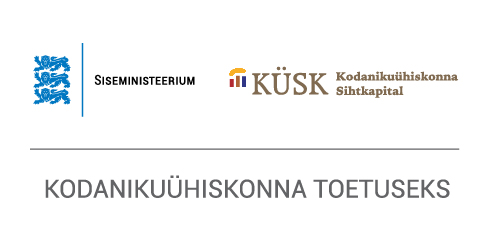EELC lawyers studied the details of restrictions to the forest management, e.g. allowed methods of cutting, requirements to cutting and different obligations put on forest owners. These restrictions have changed considerably over the years. For example, the sudden increase in logging volumes in 1990s started to exceed the forest growth. As a consequence of this, more stringent requirements to the forest management were enacted with 2004 and 2006 amendments of the Forest Act (e.g. the conditions for clear cutting were specified). After the situation improved restrictions to forest management were reduced in 2008; among other things the forest owners were no longer required to prepare the forest management plan. The Forest Act amendments currently debated by the Parliament (Riigikogu) would further reduce current restrictions (e.g. the conditions of clear cutting would be made more lenient).
The results of the analysis show that there has been an increasing trend recently towards more active forest management and reduction of restrictions. However, the need to protect forests as ecosystems should still be considered. Therefore, it is important that the reduction of restrictions is not one-sided -- it is important to maintain or add legislative measures to prevent significant damage to the forest biota. Recent amendments, including those currently discussed by the Parliament, do not fully follow this principle. For example, according to explanatory memorandum of the new draft, larger clear cut areas which would be allowed, could have a positive impact on biodiversity in case spatial planning of cutting areas was carried out. However, the draft does not provide any effective mechanisms for such spatial planning. Neither does the explanatory memorandum take into account most recent data available on logging volumes, according to which the volumes have rapidly increased from 2010.
The analysis was written as part of the project “Increasing Advocacy Capacities of Environmental NGOs in Forest Policy”, in which EELC is a partner to Estonian Fund for Nature and Estonian Ornithological Society. The project is funded by Open Estonia Foundation (VÜF).
The analysis will be used by the project partners for their advocacy activities, including participation in legislative process and preparing good practice guidelines for forestry. Offering legal expertise to other advocacy organisations is strategically important for EELC, as this contributes to making more balanced environmental decisions.
